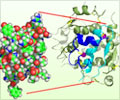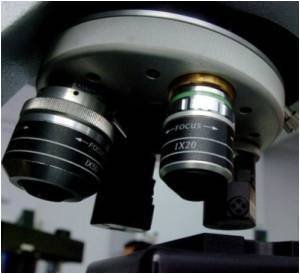Australian scientists seem to have achieved a major breakthrough in immunology development with a reagent that could prevent the rejection of transplanted insulin-producing cells in people with Type 1 diabetes.
The best hope for restoring insulin production is for people to receive transplanted clusters of insulin-producing cells from the pancreas known as ‘Islets of Langerhans'.Each pancreas has around a million islets, which maintain the body's blood sugar levels in exquisite balance. Islets are obtained from a deceased donor pancreas - and while transplants have been successful for limited periods, islets are fragile, the body rejects donor cells strenuously, and anti-rejection drugs are highly toxic.
And even when heavy duty immunosuppressive drugs are given to a patient, that person still has Type 1 diabetes - the autoimmune disease that destroyed their insulin-producing cells in the first place.
The new reagent, generated in-house by Drs Helen McGuire and Cecile King from Sydney’s Garvan Institute of Medical Research, has the potential to turn this situation around.
Given to diabetic mice for two weeks, starting the day before islet transplantation, the reagent allowed mice to accept the donor cells as their own – with no need for immunosuppressive drugs, and no Type 1 diabetes. Permanently.
The reagent is a cloned a cell surface receptor that mops up a harmful molecule known as IL-21, which appears to cause Type 1 diabetes. The cloned receptors compete with similar receptors on the body’s own killer immune cells, preventing them from destroying the transplant.
Advertisement
“Our reagent works as well in our model than drugs that are currently in clinical trials for islet transplantation,” said Dr King.
Advertisement
“If this works in people as it has in mice, then they would only have to take the drug for a brief time-window after surgery– then the transplant would be fine for life.”
“In this study, we’ve shown definitively that if the body’s killer T cells don’t get IL-21, they don’t reject the islet tissue. ”
“The next step would be to trial our IL-21 neutralising agent in people."
Dr Dorota Pawlak, Head of Research Development at the Juvenile Diabetes Research Foundation, said that the ability to replace insulin producing cells safely in people with Type 1 diabetes without the need for immune suppression would be a revolution for diabetes research. “This finding represents progress and it is important to acknowledge and honour advances that take us closer to finding a cure for Type 1 diabetes.”
Source-Medindia








